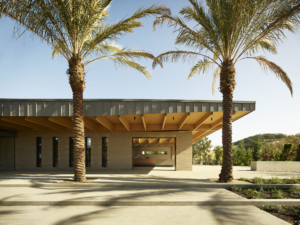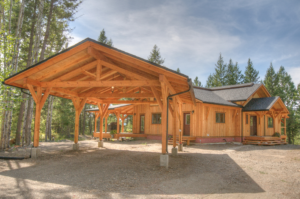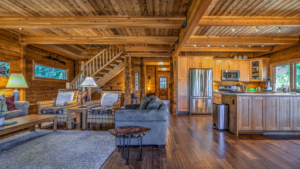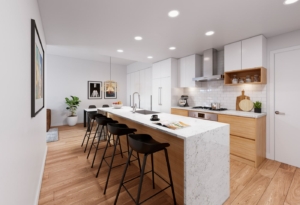What is Value-Added Wood?
Value-added wood refers to the process of enhancing the value of wood products through various manufacturing, processing, and customization techniques. It involves taking raw or semi-processed wood materials and transforming them into higher-value, finished, or semi-finished wood products. Value-added products include treated lumber, engineered wood products, shakes and shingles, posts, poles, log and timber-frame homes, mouldings, pallets, boxes, cabinets, furniture, art and other finished or semi-finished goods.
The value-added wood industry adds value by increasing the versatility, performance, and market appeal of wood products. This not only benefits consumers by providing more diverse and specialized wood products but also supports the sustainable use of wood resources, as it encourages efficient processing and minimizes waste. As such, pursuing a career in the value-added wood industry allows individuals to be at the forefront of innovation, sustainability, and economic growth within the wood sector.





